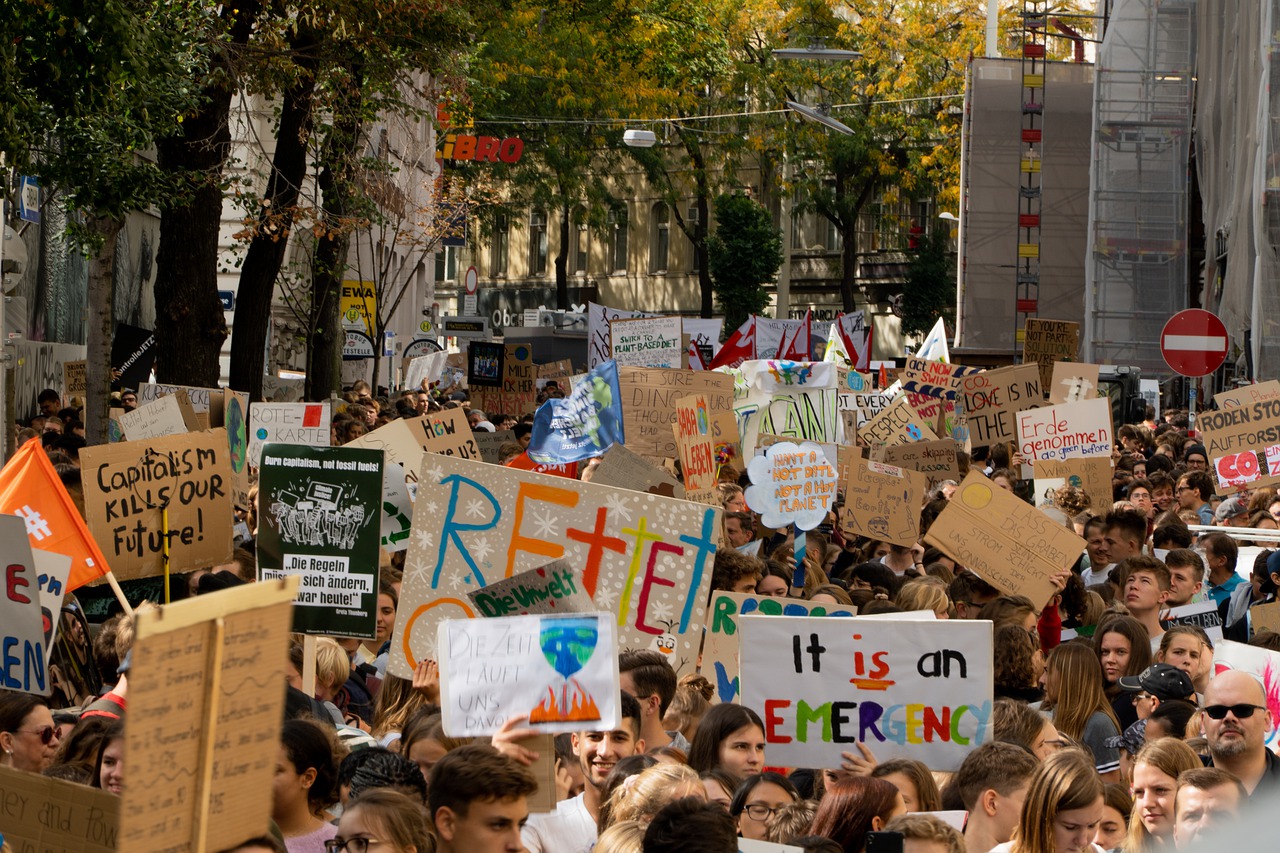
By Christian de Perthuis
In the space of just a few weeks, the Covid-19 crisis has dramatically altered the prospects for climate action around the world. To stem the spread of the virus, governments are locking down populations, a measure that is resulting in a fall in production of a magnitude unknown in peacetime. In the short term, this health crisis could lead to a decline in global CO2 emissions of around 5 Gt, or ten times the amount observed in 2009, and could make 2019 the peak year for global emissions. Despite the rebound effect that will occur when the lockdown is eased, emissions will not return in the near future to their previous level. In the longer term, the pandemic will act as a catalyst for economic and societal changes that will provide new weapons to post-Covid-19 societies to combat climate risk. Depending on what they envisage, plans to restart the economy at the end of the lockdown may either speed up or slow down these structural transformations.
